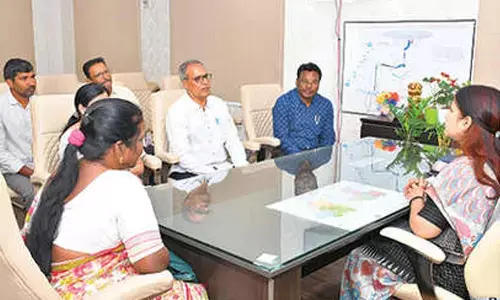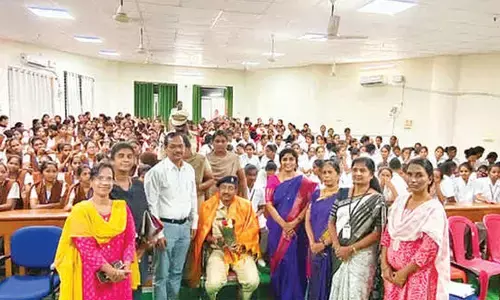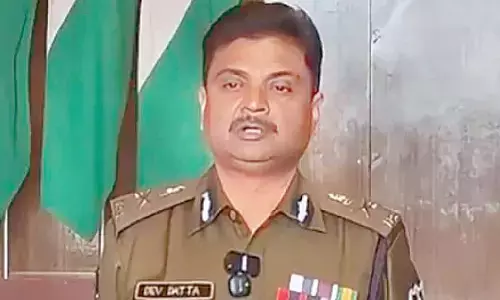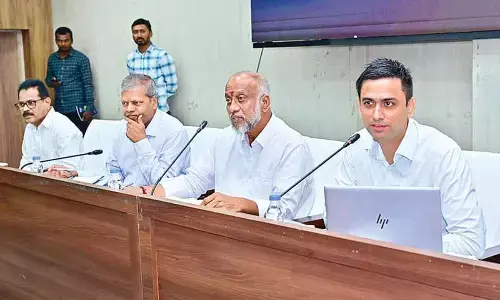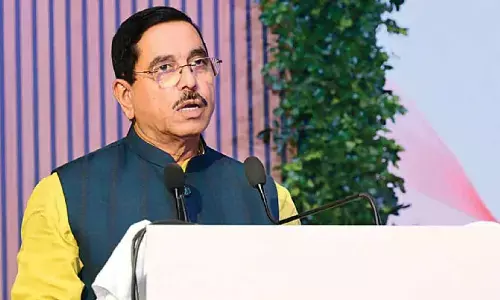Kerala government opposes pleas seeking review of SC's Sabarimala verdict
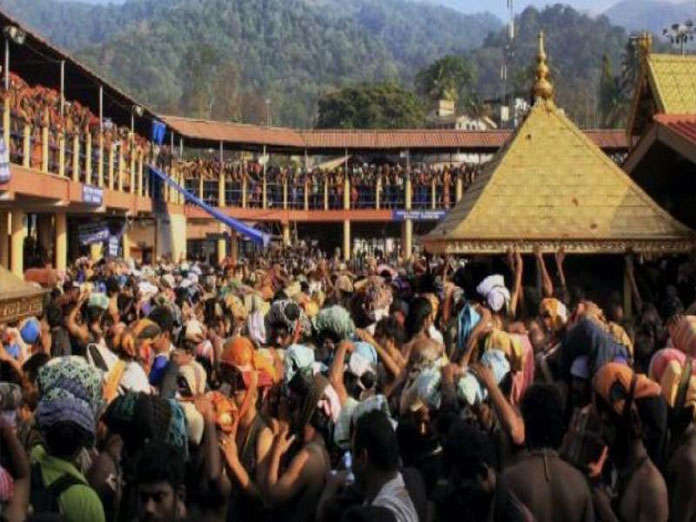
The Kerala government Wednesday vehemently opposed in the Supreme Court a batch of petitions seeking review of the verdict allowing the entry of women of all ages into the Sabarimala shrine, even as several organisations argued that the judgement be reconsidered
New Delhi:The Kerala government Wednesday vehemently opposed in the Supreme Court a batch of petitions seeking review of the verdict allowing the entry of women of all ages into the Sabarimala shrine, even as several organisations argued that the judgement be reconsidered.
A five-judge Constitution bench headed by Chief Justice of India (CJI) Ranjan Gogoi was told by the counsel for the Kerala government that no ground was made out in any of the petitions seeking review of its September 28, 2018 verdict.
Several organisations including the Nair Service Society (NSS) and the Thantri of the shrine, have advanced arguments before the bench and sought reconsideration of the verdict
Former attorney general and senior advocate K Parasaran, appearing for the NSS, assailed the majority verdict, saying Article 15 of the Constitution throws open for all public the secular institutions of the country but it doesn't deal with religious institutions.
The article "throws open all public institutions of secular character for all classes of citizens but the article conspicuously omits religious institutions", he told the bench.
Seeking reconsideration of the verdict, he said the article which deals with abolition of untouchability in society was wrongly used by the apex court in its judgment as exclusion of certain age groups of women was not based on caste.
The advocate also referred to the celibate character of the deity at Sabarimala and said the court should have considered this aspect.
Senior advocate Jaideep Gupta appearing for the Kerala government told the bench also comprising justices R F Nariman, A M Khanwilkar, D Y Chandrachud and Indu Malhotra that there was a consensus among the four judges who delivered the majority judgment on three aspects, i.e., Article 26, 25 (2) and rule 3 (b) of the Kerala Act.
Gupta said in none of the review petitions questions have been raised regarding these three points and therefore other aspects "raised in the review petition will make no difference".
The arguments by those who have filed the review petition that certain submissions were not considered in the judgment or were not advanced is not a ground for re-examining the verdict, the advocate
He said many of those who have sought a re-look of the judgment have not come out with valid legal points but have merely analysed the verdict by the way of a review petition and the court should not entertain them
Another senior advocate Vijay Hansaria, also appearing for the Kerala government said a case cannot be allowed to be reopened by way of review petition
The state government said there is a distinction between essential practice of a temple and the essential practice of the religion. If this essential practice test is applied temple wise then the purpose would be defeated, it said.
Senior advocate Abhishek Manu Singhvi, representing the Travancore Devaswom Board's ex-chairperson, favoured submissions seeking review of the judgment.
"There is no exclusion of women. There is no exclusion of men. There is no exclusion of a class of men or women based on religion and caste. There is an exclusion inside a class (women). Hence Article 17 (removal of untouchability) under the Constitution will not apply," Singhvi said.
Dealing with the aspect of constitutional morality, the senior lawyer said that in a pluralistic diverse Hindu society this concept cannot be applied objectively by the court and it has to be subjective keeping in mind different kind of essential religious practices of Hindu religion.
Senior lawyer Shekhar Naphade, also appearing for a party in the case, said in a matter of faith, the court cannot direct a community to practice the religion in a particular manner.
"This is an internal affair of a religious community which worships a particular deity in a particular manner. This has never been in dispute that this practice is being followed for centuries.
"The court cannot issue a writ of mandamus against a community to practice its religion in a particular manner," Naphade said adding that this practice was an essential religious practice which cannot be scrutinised by the court.
He said that any religious practice cannot be stopped unless it constituted a criminal offence.








